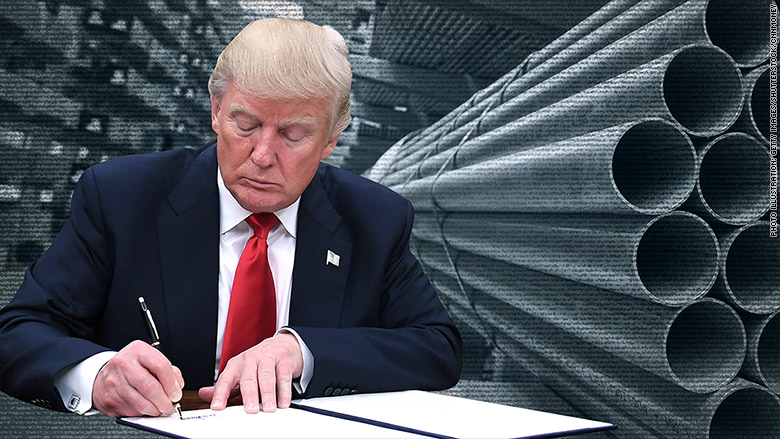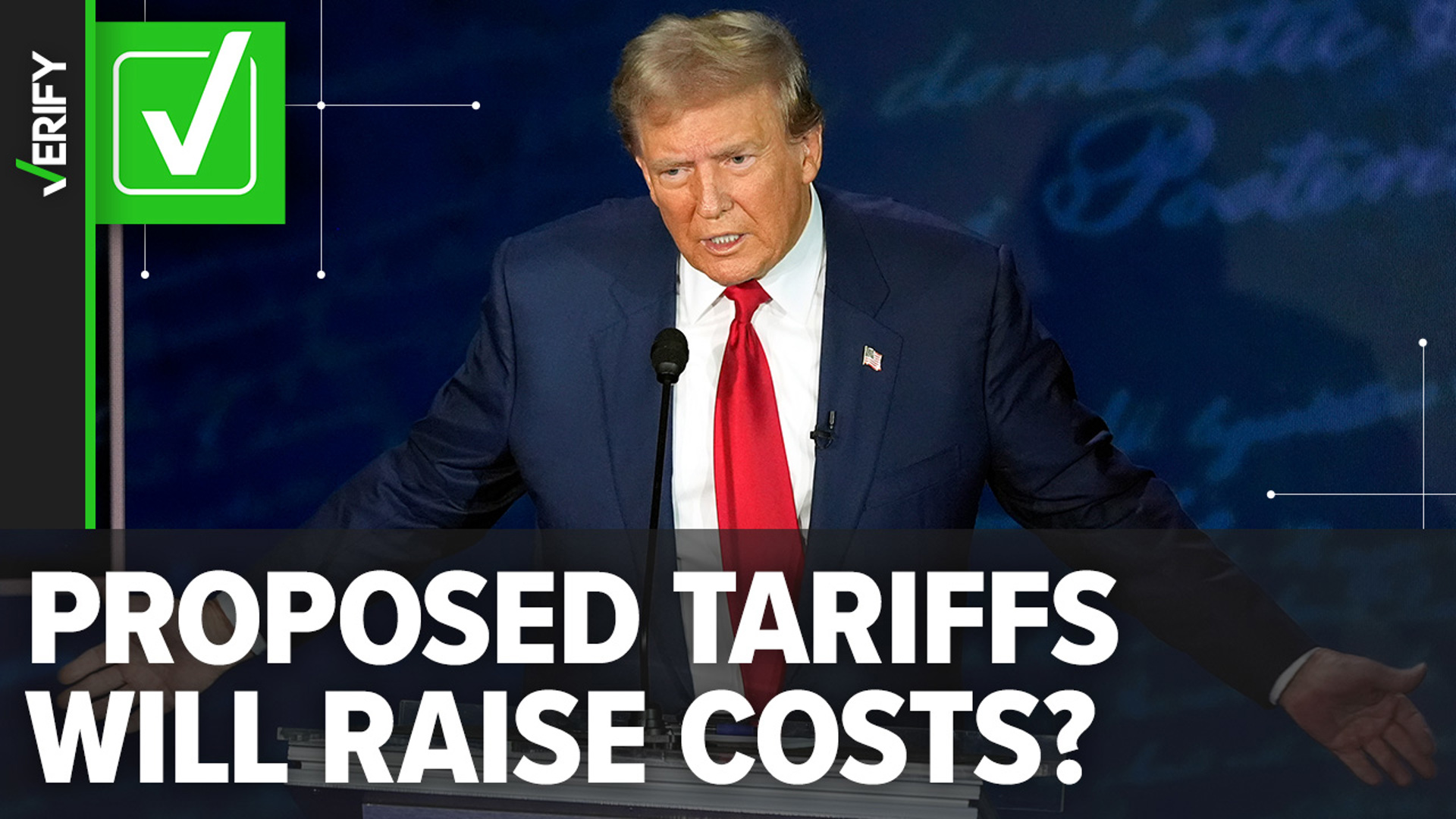Recent Drop in Consumer Confidence Despite Tariff Rollback

About the People Mentioned
Donald Trump
Donald John Trump, born June 14, 1946, in Queens, New York, is an American businessman, media personality, and politician. He graduated from the University of Pennsylvania’s Wharton School in 1968 with a degree in economics. In 1971, he took over his family’s real estate business, renaming it the Trump Organization, through which he expanded into building and managing skyscrapers, hotels, casinos, and golf courses. Trump gained widespread fame as the host of the reality TV show *The Apprentice* from 2004 to 2015, which helped establish his public persona as a successful entrepreneur. Trump entered politics as a Republican and was elected the 45th president of the United States, serving from 2017 to 2021. His presidency was marked by significant policy actions including tax cuts, deregulation, the appointment of three Supreme Court justices, renegotiation of trade agreements (notably replacing NAFTA with the USMCA), and a focus on immigration control including border wall expansion. He withdrew the U.S. from international agreements such as the Paris Climate Accord and the Iran nuclear deal, and engaged in a trade war with China. His administration’s response to the COVID-19 pandemic was criticized for downplaying the virus’s severity. Trump was impeached twice by the House of Representatives—first in 2019 for abuse of power and obstruction, and again in 2021 for incitement of insurrection—but was acquitted by the Senate both times. After losing the 2020 election to Joe Biden, Trump challenged the results, culminating in the January 6, 2021, Capitol riot. He remains a central figure in American politics, having won the 2024 presidential election and returned as the 47th president in 2025, continuing to promote policies aimed at economic growth, border security, and military strength[1][2][3][4].
About the Organizations Mentioned
Conference Board
The Conference Board is a **global, member-driven non-profit think tank founded in 1916** that delivers trusted insights to help business leaders navigate complex economic, social, and technological challenges[1][2]. Originally established as the National Industrial Conference Board amid early 20th-century labor unrest, it emerged from efforts by major U.S. corporations to foster cooperation between labor and management, advocating negotiation over conflict[2]. During World War I, it contributed to stabilizing war industries by recommending collaborative labor policies adopted by the National War Labor Board[2]. Today, The Conference Board serves nearly 2,000 member organizations across 60 countries, including many Fortune 500 companies, providing research, peer networking, and strategic guidance focused on business performance and societal advancement[2][3][6]. Its core mission is to deliver **“Trusted Insights for What’s Ahead®,”** reflecting the real-world challenges of its members through fact-based research and consensus-driven policy statements[1][3]. The organization is independent, non-partisan, and nonprofit, which bolsters the credibility and trustworthiness of its work[1][3]. Key achievements include the publication of widely tracked economic indicators such as consumer confidence and labor market reports, which are essential tools for investors, policymakers, and corporate leaders worldwide[2]. The Conference Board also influences public policy and business practices through extensive research on sustainability, corporate social responsibility, diversity and inclusion, and emerging technologies like AI[3][5][6]. It hosts conferences, councils, and events that foster collaboration among senior executives and experts, with over 20,000 executives participating annually[3][6]. Headquartered in New York City with satellite offices globally, The Conference Board continues to shape the dialogue between business and society, adapting its research and advisory services to meet the demands of a rapidly evolving economic and technological landscape[6]. This legacy of more than a century positions it as a vital resource for understanding and responding to today's most pressing business and societa











